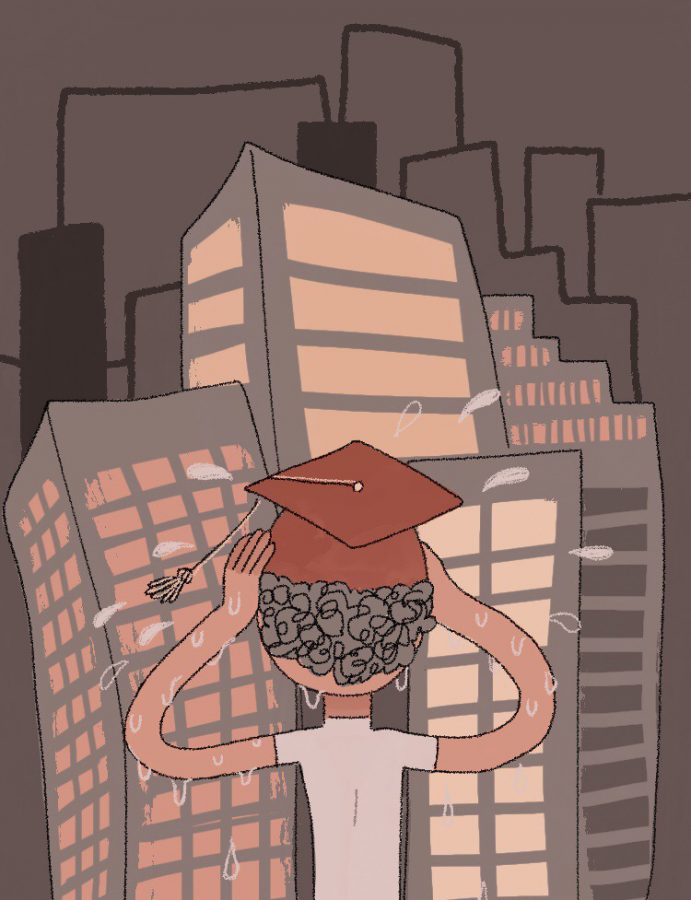As students prepare for career fairs and internships, some say experiences outside of the classroom are better preparing them for their careers than classes themselves.
While 60 percent of hiring managers think most college graduates have the skills to succeed at entry-level positions, only a quarter of hiring managers think those graduates have the skills to advance within a company, according to a study released in August by the Association of American Colleges & Universities.
Michael Powell, director of the UT Engineering Career Assistance Center, said there is a balance in which universities, students and businesses all hold responsibility for training students for their career.
“Everybody is responsible, and everybody has a part to play,” Powell said. “In the courses that students have to take, there are fundamental skills being taught that will be valuable to them and will also help them to develop further skills so that part is the responsibility of the University.”
Students have to decide how they want to get involved in and out of the classroom to build their own skills, Powell said.
“Their job is to start figuring out what are some other skills that (they) want to build on,” Powell said. “Do (they) want to join an organization and build leadership skills by being in a leadership position? Do (they) want to get involved in team sports?”
Government junior Conner Vanden Hoek said the University teaches skills such as effective communication, but he feels that there is much more to learn about career readiness that UT could teach.
“The only opportunities I see that exist for preparing students for their careers are stuff outside of the classroom,” said Vanden Hoek, adding that UT could do better to advertise its career readiness programs and support.
While every student in a given class is on a different career path, the University still has to give them a skill set to prepare them for their future, Vanden Hoek said.
“At the end of the day, it’s the University’s responsibility to train (students) because the whole reason why we’re paying so much money is to get educated to get that job,” Vanden Hoek said.
Marketing junior Isabel Deike said students will learn more about their career through their first jobs, even if that first job is not exactly aligned with their career aspirations.
“Entry-level positions are so different from the rest of the career because you really just need to get your foot in the door,” Deike said. “A lot of them will teach you what you need to know. You just need to be at the point where you can handle that information.”
Yessmeen Moharram, theater and dance sophomore, said the curriculum could be better structured to cover a given career path, but students can also take the learning into their own hands.
“Within the classes themselves there could be improvement of instilling more education about your careers … but potentially you can find it in other areas through experience,” Moharram said. “Yes, college should teach you how to do things, but you also have to be taking an active role in your own education.”





















